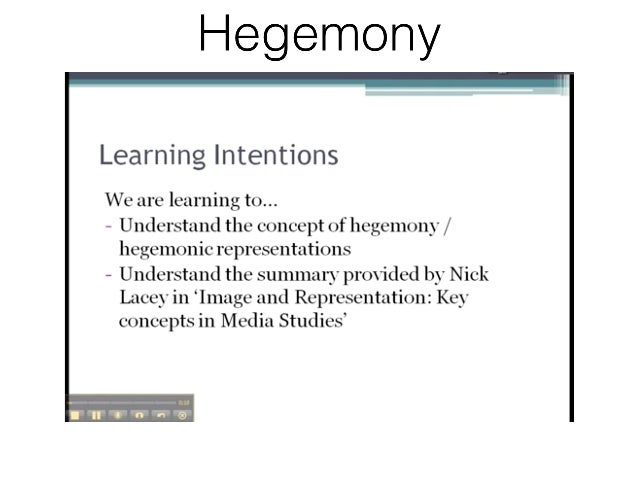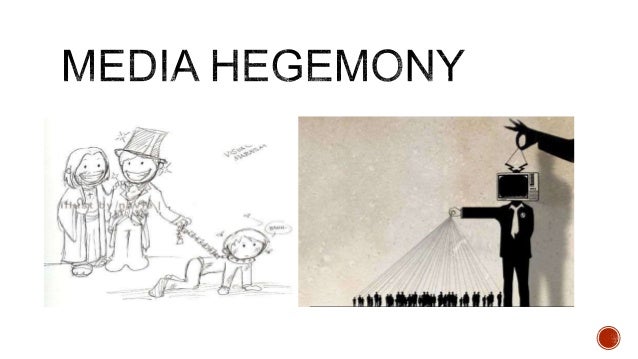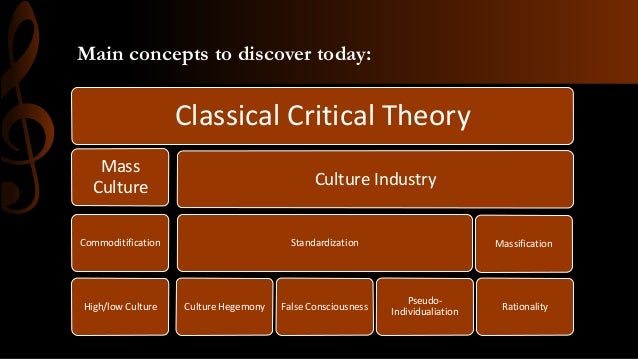Hegemony Definition Media Studies

Yes argued antonio gramsci in his widely used theory of hegemony.
Hegemony definition media studies. The audience is not necessarily compliant see dominant reading. We use your linkedin profile and activity data to personalize ads and to show you more relevant ads. Media hegemony is a perceived process by which certain values and ways of thought promulgated through the mass media become dominant in society.
Media provides the access for the public to see the society and the world. The term is often used as shorthand to describe the dominant position of a particular set of ideas and their associated tendency to become commonsensical thereby inhibiting even the articulation of alternative ideas. In the past ten yean the critical tradition has made significant contributions to communication studies in organizations challenging the hegemony of mainstream functionalist approaches.
The media provides the ideological structure within which the dominant classes perpetuate the hegemony of the elites. The theory derived from gramscian marxism that an elite controls the mass media and that the media promote the dominant ideology. The media contents help produce meaningful messages thus it is important to study hegemony in media study.
Hegemony refers to. Hegemony navpreet grewal. Corporate media hegemony refers to the global dominance and influence of powerful.
Bourgeois is the adjectival form of bourgeoisie which in its marxist sense signifies the capitalist class. But there is no direct involvement of the elite economic class in production and distribution of ideology as it is the media workers which do this within the culture industry. Media hegemony has been presented as influencing the way in which reporters in the media themselves subject to prevailing values and norms select news stories and put them across.
Hegemony and media studies antonio gramsci s theory of the hegemonic media apr 29 2008 naomi rockler gladen does the media promote dominant power structures. In media studies hegemony refers to the ways in which the media encourage people to consent to status quo power structures. The development of the term hegemony in media studies follows the work of antonio gramsci 1971 and stuart hall 1973 1980 1982 1996 and generally refers to soft rather than hard power.


















